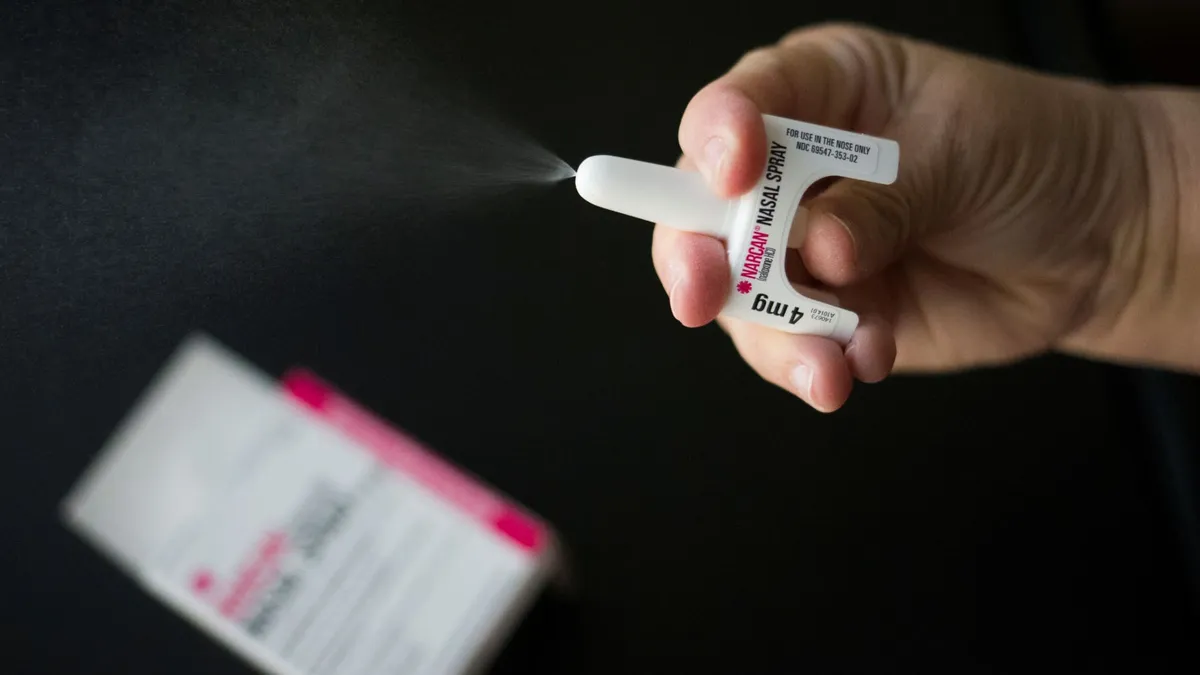
A version of this article first appeared in CNBC's Inside Wealth newsletter with Robert Frank, your weekly guide to the high-net-worth investor and consumer. If you're interested in staying updated on the latest trends, sign up to receive future editions directly to your inbox.
For investment firms catering to the ultra-wealthy, deal-making activity is experiencing a notable resurgence. In June, family offices executed 60 direct investments in various companies, marking an end to three consecutive months of declining deal activity. This data, provided exclusively to CNBC by Fintrx, highlights a significant rebound compared to May's total of 47 deals. However, it’s essential to note that June's figures reflect a 40% drop year-over-year, according to insights from the private wealth platform.
June also brought forth several exciting deals in the entertainment sector. Notably, the investment firm representing Nintendo's founding family acquired a minority stake in the indie film studio K2 Pictures, although the exact amount remains undisclosed. The Yamauchi No. 10 Family Office is further backing the startup's film production fund—a financing strategy reminiscent of Hollywood, yet relatively rare in Japan.
Stateside, Blackstone billionaire David Blitzer participated in a $20 million fundraise for Ballers, an exclusive members club focused on sports such as padel and virtual golf. This funding round also attracted several professional athletes, including renowned tennis Hall of Famer Andre Agassi, showcasing the blending of sports, entertainment, and investment.
Despite the allure of entertainment, the biotech and healthcare sectors emerged as the predominant themes for family office investments, with nine deals made by influential family offices. A prime example is Antheia, a company specializing in the production of Narcan's active ingredient, which successfully raised $56 million in a Series C funding round. This round saw participation from notable family offices such as Athos KG and S-Cubed Capital.
Athos KG, led by billionaire twins Andreas and Thomas Strüngmann, is well-known for their success with generic drugmaker Hexal and their investments in Covid vaccine producer BioNTech. Meanwhile, S-Cubed Capital is headed by billionaire and former Sequoia partner Mark Stevens. Former Google CEO Eric Schmidt's investment firm, Hillspire, has also been involved with Antheia since its earlier funding rounds.
Antheia's co-founder, Christina Smolke, a scientist turned entrepreneur, has made significant strides since the company's inception in 2015. Smolke discovered a method to bioengineer yeast for the rapid production of opioids used in medicine, achieving results in under two weeks—a stark contrast to the traditional two-year process involving opium poppies. In an interview with CNBC, she emphasized that family offices are particularly well-suited for biotechnology investments, as they often have longer investment horizons.
Smolke remarked, “These are complicated problems. There's not a quick solution; family offices can afford to be patient with their investments, aligning well with the timelines necessary for bringing new biotech products and transformative technologies to healthcare.”
Antheia plans to launch its first product, thebaine, in late 2024—a critical component in overdose reversal medication Narcan. The recent funding will enable Antheia to expand its production capabilities from Europe to the United States and introduce additional products to the market. Based in Menlo Park, California, the firm is actively developing over 70 pharmaceutical ingredients essential for various medical treatments, including those for cancer, bacterial infections, and seizures.
Smolke highlighted the overarching goal of Antheia: “We aim to rebuild essential medicine supply chains to eliminate drug shortages and ensure equitable access globally.” For impact-driven family offices, biotechnology represents a familiar and meaningful investment frontier, as Smolke explained, “I think everyone has directly experienced challenges with drug shortages—even in the U.S.—from empty supermarket shelves for cold medications to the unavailability of certain antibiotics.”